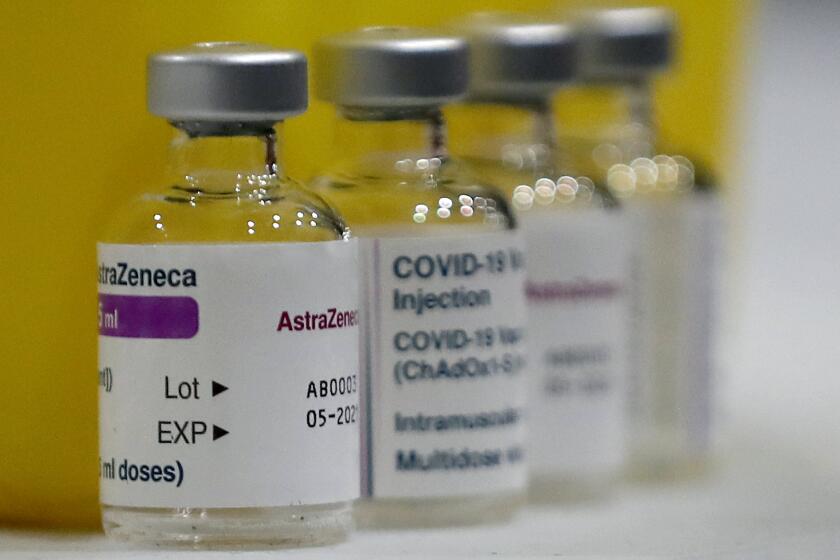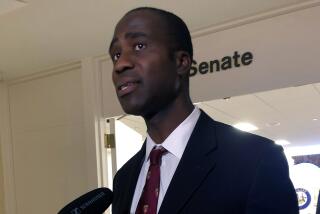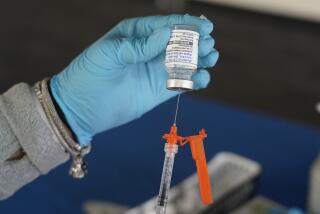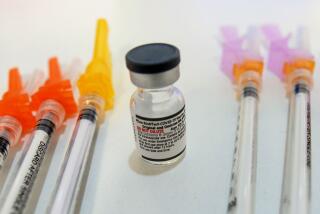AstraZeneca lowers COVID-19 vaccine efficacy slightly to 76% after U.S. criticism
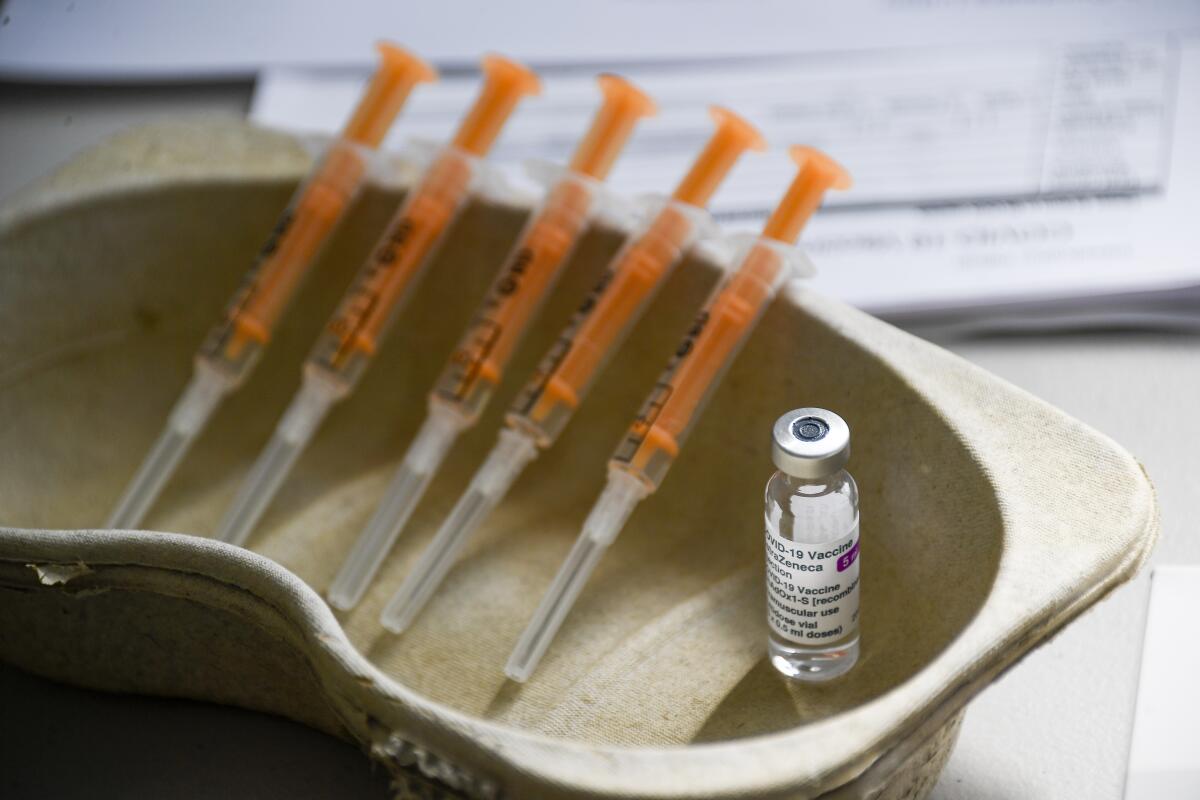
- Share via
AstraZeneca reported a slightly lower efficacy rate for its COVID-19 vaccine after the results of an American clinical trial were criticized as outdated, raising further questions over the controversial shot and whether it will be approved in the U.S.
The company said the shot was 76% effective in its U.S. trial in a statement Thursday, after an independent monitoring board expressed concern that its previous disclosure of 79% efficacy relied on outdated information. The earlier reading was based on data gathered through Feb. 17.
The latest twist created another layer of uncertainty for a product already facing dwindling public support in Europe following months of confusion and missteps. The data kerfuffle may delay the shot’s ability to win U.S. regulatory clearance, although it will likely still play a crucial role in curbing the global pandemic.
“The primary analysis is consistent with our previously released interim analysis, and confirms that our COVID-19 vaccine is highly effective in adults, including those aged 65 years and over,” said Mene Pangalos, the company’s executive vice president of BioPharmaceuticals research and development. “We look forward to filing our regulatory submission for Emergency Use Authorization in the U.S. and preparing for the rollout of millions of doses across America.”
The findings were based on 190 symptomatic cases that developed among the 32,449 volunteers who participated in the trial, which includes 49 cases that weren’t counted as part of the initial analysis. The company didn’t disclose how many of those cases occurred in the vaccine arm and how many in the placebo arm.
There were eight cases of severe disease, all in the placebo arm.
A new study may help answer a big question in the campaign to suppress the coronavirus outbreak.
In an unusual move earlier this week, a group of experts working with the company on the safety of its U.S. clinical trial contacted government agencies late Monday to express concern about data that AstraZeneca made public just hours earlier. The company responded by saying it would release fresh estimates within 48 hours.
The vaccine developed with the University of Oxford protected all volunteers against developing severe disease or requiring hospitalization, according to the Cambridge, England-based company. Those age 65 and older were 85% less likely to develop symptomatic disease if they received the vaccine in the study.
The U.S. trial data was deemed important because earlier numbers from research conducted in the U.K. and Brazil also sowed confusion by producing two different efficacy readings. Plus, those tests failed to include enough elderly people to establish efficacy for that crucial patient group.
More to Read
Sign up for Essential California
The most important California stories and recommendations in your inbox every morning.
You may occasionally receive promotional content from the Los Angeles Times.
